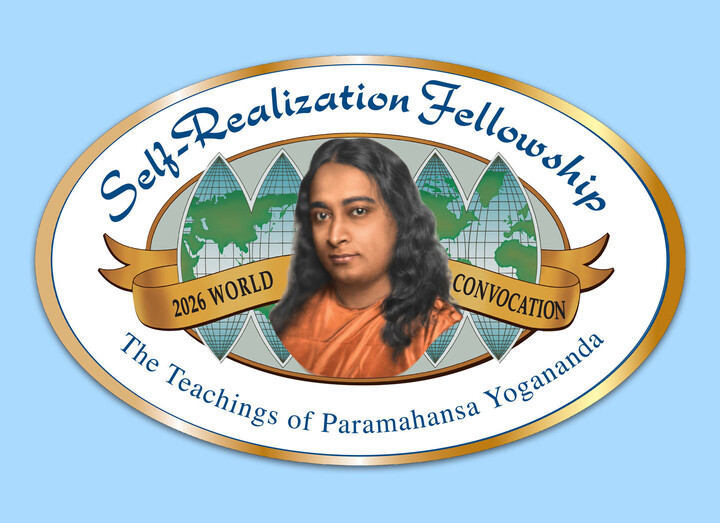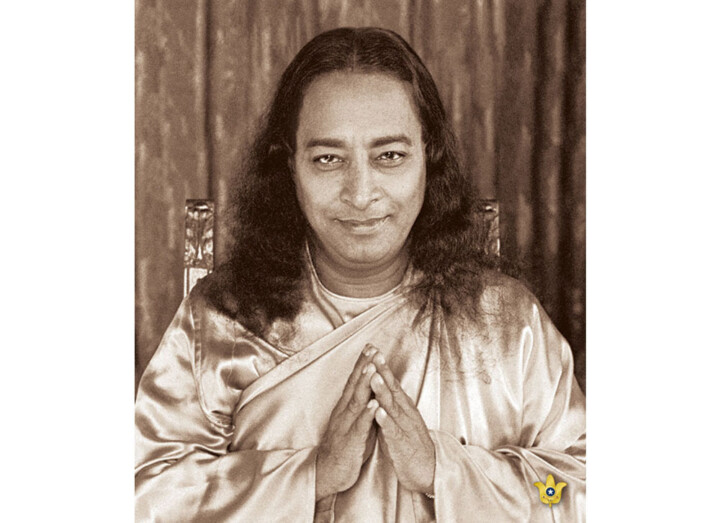by Sister Usha
(This is the second of a two-part series.)

What are some of the ways we can integrate introspection into our daily lives? I’d like to share with you six keys:
1. Start Your Day With Introspection.
Starting the day with a few minutes of introspection is a wonderful practice. When we first wake up, before we begin our daily activities, there is usually a window of calmness in which we can reflect on our lives with greater clarity and concentration. You can have fun with this. For example, you could ask yourself: “Who do I want to be today?” Perhaps “a peaceful being,” or “a saintly person filled with kindness and love.” You can also ask “What are my goals for the day?” or “How do I want to behave?” This kind of proactive introspective thinking enables you to seize control of your life so you are not run over by it instead! Setting definite goals for yourself helps you to focus your efforts on moving forward in a progressive way, rather than stagnating or falling back into old, familiar ruts.
2. Take “Time-Outs” During the Day.
Having started your day with introspection and setting some definite goals, Paramahansaji then advised occasionally throughout the day to “have a check-up on your physical, mental, and spiritual machines, to see how they are behaving.” This can be a short and simple practice: he said just “be still for a minute, and analyze what you are doing and thinking.” Periodic introspection is like calling a “time out” so you can re-set and reaffirm your plans for the day in various departments of life — spiritual, material, social, and so on.
3. Review Your Day.
Although introspection can be practiced at any time of the day, Paramahansaji especially recommends taking a little time in the evening before retiring to review your day. He said:
It’s a good idea to keep a mental diary. Before you go to bed each night, sit for a short time and review the day. See what you are becoming. Do you like the trend of your life? If not, change it.
In the evening after the day’s activities, we naturally are in a more detached frame of mind because we are “off the battlefield,” so to speak, and therefore it is easier to analyze ourselves objectively. Very often we can complete our review in only about five minutes, though we can also take longer if we find a deeper, more detailed analysis is warranted. If you are someone who enjoys writing, then keeping an introspection journal can be a helpful tool — providing a written record that you can revisit later.
4. Ask Meaningful Questions.
One primary question Paramahansaji recommended that everyone seeking self-improvement ask themselves each day is “What have I done today?” He said that we often will be surprised to see how much time we spent unconstructively, and this then will help us to see how to make better use of our time.
Some other meaningful questions to ask yourself in your daily review include:
- Did I keep in mind my goals or did I dissipate my time?
- Did I hold on to my inner peace while going through the day’s challenges?
- What was my attitude during the various situations I encountered? For example, was I peaceful? insecure? confident? relaxed? anxious?
- How did I treat others?
- Am I living a balanced life: did I fit in time for meditation, spiritual study, exercise, relaxation?
- What negative tendency or flaw is troubling me the most?
- What good habit am I trying to develop?
You may find it helpful to divide your questions into categories, such as your spiritual practices, your interactions with others, your efforts to lead a balanced life, your prevalent moods and emotions, and so forth. You decide what format works best for you, but I suggest keeping it simple by focusing on just a few at a time so that you won’t feel overwhelmed.
Perhaps the most basic yet vital question to ask yourself each day is: “Am I happy?” If the answer is truly “yes,” then you can be confident that your life is generally going in the right direction. And if the answer is “no,” then a deeper analysis is needed to determine the source of your unhappiness and create a course of action for overcoming or removing it from your life.
5. View introspection as part of your relationship with God.
One way we can make the practice of introspection deeply meaningful, personal, and enjoyable is to make it an integral part of our loving relationship with God. Otherwise, there is a risk that our self-analysis can become cold, judgmental, or overly analytical. When you introspect, think of it as sitting down with the One who loves you most and asking His help as you try to improve your life in all ways. You might also try writing a letter to that aspect of God you most relate to, such as Father, Mother, Friend, Divine Beloved, or your higher Self. There is something very intimate about writing a letter of this kind, in which you can freely express yourself.
Realize that God’s love for you is unconditional. He doesn’t mind your shortcomings; your failures are only temporary, for the permanent reality is that you are His perfect child, made in His divine image. Always cling to that truth and know that with God’s love, support, and blessings, you cannot fail to improve.
6. End your period of introspection by practicing an affirmation of your infinite soul potential.
An impactful way to end your period of introspection is to affirm that you are the perfect soul. Paramahansa Yogananda has given us a trove of affirmations we can use, such as those shown below. You can repeat them inwardly or out loud, always with conviction, until you experience their truth:
I possess the creative power of Spirit. The Infinite Intelligence will guide me and solve every problem.
I will make up my mind to be happy within myself right now, where I am today.
I know that God’s power is limitless; and as I am made in His image, I, too, have the strength to overcome all obstacles.
As I mentioned earlier, don’t feel that you have to incorporate all of the foregoing practices into your life right away. Rather, start with one or two that might especially resonate with you, and then gradually expand your practice to incorporate others. Eventually we can learn to, as Paramahansaji said, “plunge into introspection about every experience,” to the benefit of our understanding, ability to succeed, inner peace, and happiness.
Much more on the art of introspection can be found in Paramahansa Yogananda’s teachings — especially in the book God Talks With Arjuna, which presents his translation and interpretation of the Bhagavad Gita, along with his profound commentaries on each verse.
Lastly, I’d like to share this encouragement from Yogananda to inspire your ongoing efforts:
Speed ahead on the smooth highway of right behavior, right thinking, and meditation that leads to God. Keep on, until you come to the land of the rising sun of joy — of peace, of happiness, of inner strength that can never be taken away.





Leave a comment